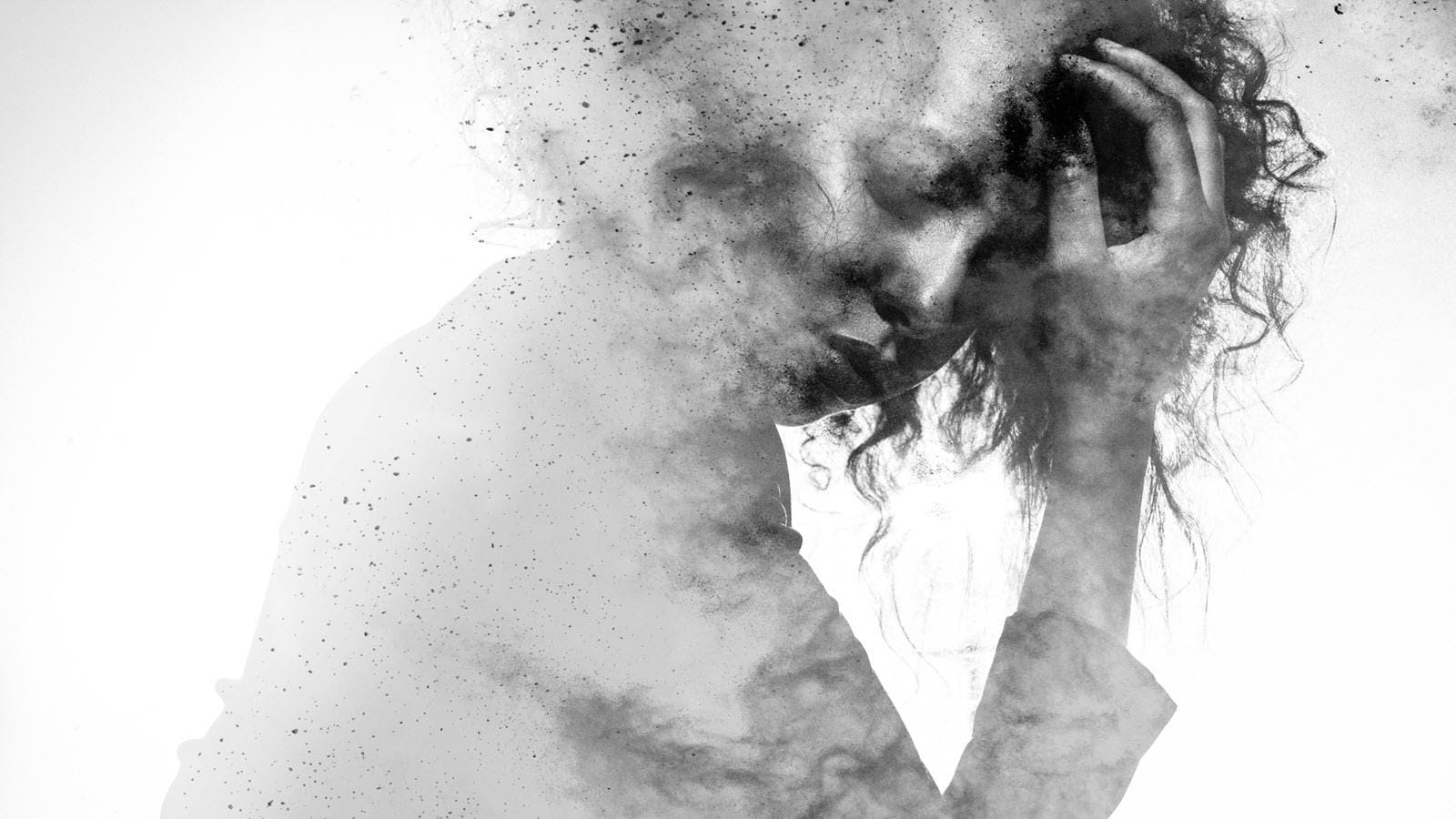Coping with a rare disease means more than just managing symptoms: It often means dealing with the isolation, too.
Diagnoses can take years. Treatments can be hard to access. Patients must keep explaining their diseases to others who have never heard of them. It’s no surprise these challenges put rare disease patients at increased risk of mental health concerns like anxiety and depression.
But as awareness grows about rare disorders, there’s a growing recognition that patients need help bearing the emotional burden created by these conditions. Kathleen Bogart, Associate Professor of Psychology at Oregon State University, and a rare disease patient herself, has been studying the effectiveness of psychological support for people with rare diseases.
Her 2017 survey of 1,200 rare disease patients found that they had a significantly higher prevalence of anxiety and depression compared to the general population.
The researcher lives with Moebius Syndrome, a congenital condition marked by underdeveloped facial nerves, causing problems with facial expressions, eye movements, speaking and swallowing.
“People with rare diseases need more mental health support,” Bogart said. “And it needs to be clear that the mental health support is for the stressors of dealing with the unknowns, or the pain that your symptoms may be causing.”
The World Health Organization is bringing global attention to emotional health with World Mental Health Day on October 10. This year’s theme is making mental health care a reality for all.
In just the United States, an estimated 30 million people have a rare disease. Worldwide, the estimate is 300 million. The stress can start right away.
“Receiving a new diagnosis can cause stress and, for some more than others, it can be especially challenging to process what they just heard,” says Alicia Lawrence, Patient Services Case Manager for the National Organization for Rare Disorders (NORD).
“We hear patients state that their concerns regarding mental health are not taken seriously,” she said.
Survey: Things do get better
But Bogart’s research offers some hope: Mental health can improve over the course of a person’s life, she has found. Create a support network that includes other patients and a therapist, Bogart recommends.
In her 2017 survey, older survey participants reported worse physical function, but less anxiety, depression, fatigue and pain. Similarly, the most experienced patients – those who had been diagnosed for the longest amount of time – had the best mental health.
This improvement over time makes sense, given what we know about adjustment and adaptation. For instance, people who have had limbs amputated show similar patterns of coping and resilience. It’s a testament to mental fortitude, but also to the day-in, day-out learning process of managing a condition. Add to that the challenge of figuring out how to navigate a complex health care system, Bogart said.
Another reason mental health improves over time for rare disease patients is that their peer group ages and they, too, develop health conditions. In other words, rare disease patients are no longer the only ones coping with health problems.
“There’s an expectation that as one ages, they develop disability or disease,” Bogart says. “So acquiring or living with a rare disorder at a later point puts you in a position that is similar to your peers, or at least kind of expected for your cohort.”
Finding your people
Connecting with others who have your condition can be a turning point, so go and find them, Bogart said. Groups like the National Organization for Rare Disorders represent the broader cause of rare illness while numerous disease-specific organizations focus on the specific needs and objectives of smaller patient groups.
Many of these organizations have been meeting virtually during the COVID-19 pandemic. Previously, they held in-person meetings and conferences.
“It can be life changing for people to be suddenly in a room of people that look just like them,” Bogart said in a webinar in September on the psychology of rare disease. Even for people with invisible conditions, she said, it can be an incredible experience to be surrounded by people who understand what you’ve been through and how you’re feeling.
Finding a therapist
Although the last thing a person with a rare disorder wants is yet another doctor’s appointment on the calendar, Bogart recommends seeing a therapist. It can help patients feel heard and help them learn coping strategies specific to their needs.
In some cases, therapy can help with symptom management, too. Cognitive behavioral therapy (CBT) has been shown to help significantly with pain, for example. In 2017, a study from researchers in Japan even found that specific brain regions associated with chronic pain changed from abnormal to normal after 12 weeks of CBT.
Some people are hesitant to seek mental health care out of embarrassment or fear that it sends a message your problems are “all in your head.” On the contrary, even someone who’s dealing only with physical symptoms, like pain, can benefit from learning coping skills. Thanks to the recent increase in telemedicine — a silver lining of the pandemic, says Bogart — more people can access therapists from anywhere.
Finding the right therapist can be challenging because most won’t be familiar with rare diseases specifically. Groups like NORD hope to change that and are working to educate the medical community about rare disease and the needs of patients. Lawrence says it means focusing on “treating the whole patient and not just the diagnosis.”



